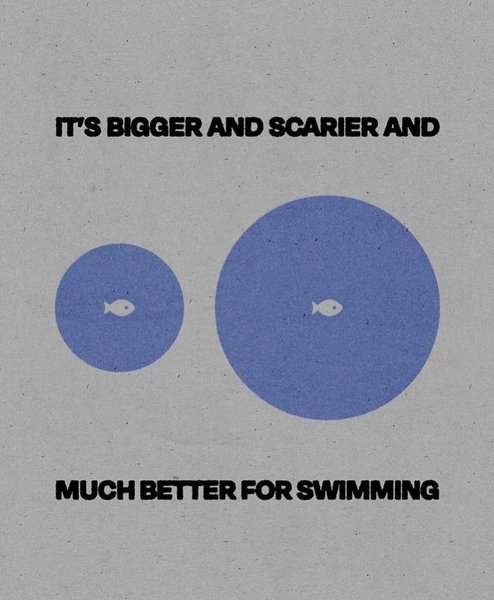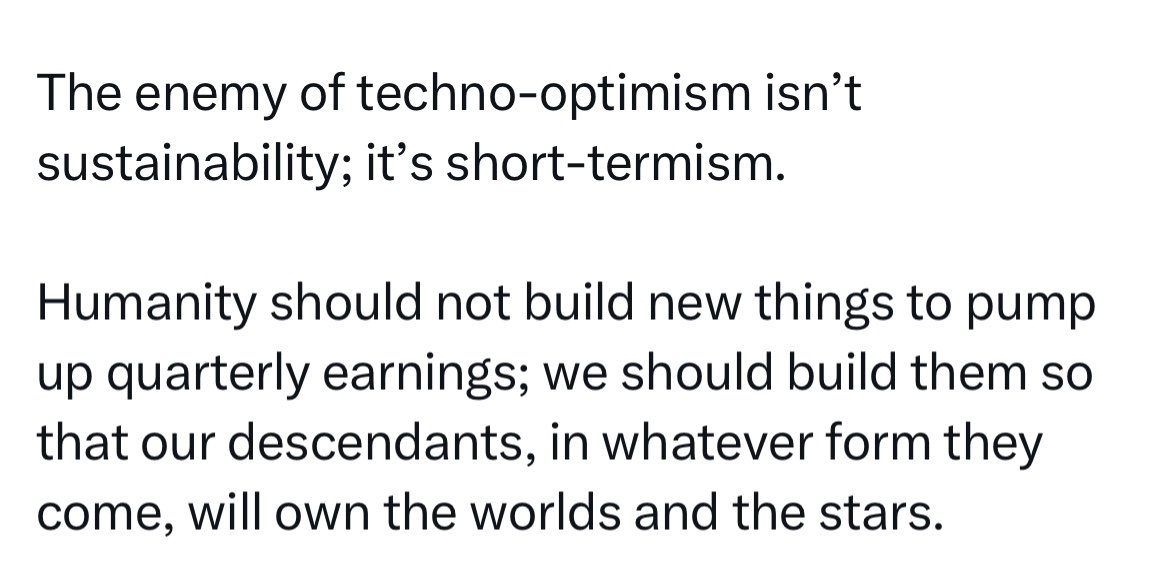Sublime
An inspiration engine for ideas
Early design needs freedom. Later design needs reality.
X. It’s what’s happening

Our appetite for life is so big that living just one life doesn’t always feel like enough. We want to know what other people’s lives are like, and we want other people to live some of our lives, too.
This life gives you nothing
As people contort themselves to please the algorithm for short-term payouts, there’s even more of the less legible, less liquid, but ultimately more important long-term value up for grabs for you if you continue to just be yourself and talk about whatever lights your fire, algorithm be damned.
Packy McCormick • A Market For (Almost) Everything

Do you have a “number one principle” that guides you through the ups and downs of running a business?... See more
While it’s not a principle, I often think of the parable of the Taoist farmer. The Taoist farmer has one horse, and the horse runs off. The villagers lament his misfortune, and he replies “We’ll see.” The horse returns with four more horses, and
Morgan Housel • What We’re Reading


